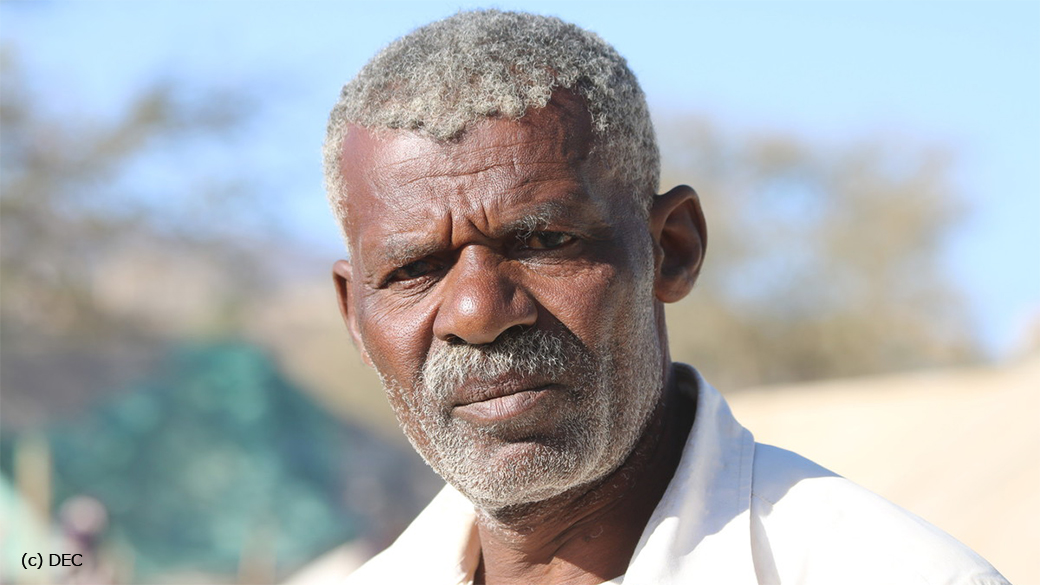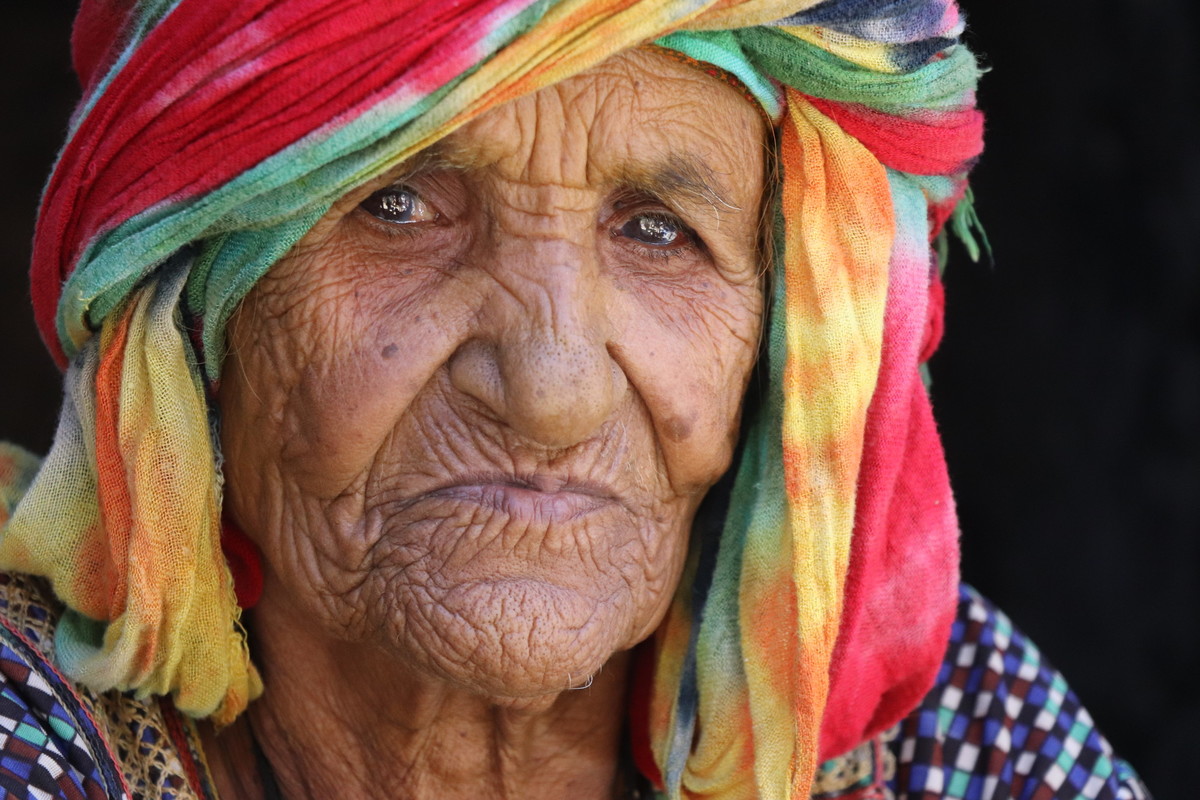This project looks at the impact of the global food, fuel and finance crisis in 10 different countries, and what this means for older people who are often overlooked, despite their very specific needs.
After the Philippines, we turn the spotlight on the situation of older people in Yemen, the seventh country in this series.
Yemen experiencing the aftermath of the worst humanitarian crisis in the world
The food, fuel and finance crisis in Yemen has been described as the worst humanitarian crisis in the world by the UN World Food Programme, who estimates that two-thirds of Yemenis go hungry every day. Nearly 17 million people in the country are likely to experience high levels of acute food insecurity, and only 10.5 million of the current 23.5 million Yemenis are receiving some humanitarian aid.

According to a study conducted by HelpAge and our partner the Life Makers Meeting Place Organisation (LMMPO), the main driver of the current crisis is the armed conflict in Yemen, having resulted in widespread poverty and famine.
“The longer the conflict continues, the more the current crises grow in size and scale, and the people’s conditions worsen, especially poor ones”
– survey participant.
Yemen is one of the largest global importers of wheat from Russia and Ukraine. The outbreak of the war in Ukraine last year has resulted in the disruptions of exports, severally impacting the economy. And international aid has become scarcer, as they are concentrated more on new emerging humanitarian crises, including Ukraine.
Additionally, poor people are further pushed into poverty due to reduced government finances, no source of income and very limited access to social protection including pensions.
1.65 million older people in Yemen are at risk of starvation and exposure to disease such as cholera and COID-19, and urgently require humanitarian assistance.
Older people are shouldering the burden of these multiple crises
High costs of food
Older people are particularly affected by high prices of basic food items, and most have had to reduce their food purchases, limit their daily food intake and reduce the size of their meals.
Many older women are also limiting their food intake so that their children and grandchildren can eat more instead. They fast one day and the next day eat only one meal on average (as opposed to older men who eat two meals a day).
Resorting to begging
Some older women are now begging for money on the streets as they cannot afford to buy food.
“We have to beg in order to eat and provide food for our children”
– study participant.
Deteriorating health
Older people are choosing to forego their visits to the health clinic due to skyrocketing fuel costs and a corresponding increase in transport costs. They are resorting to buying low cost, poor-quality medicines, and some are going into debt as well.
“I cannot walk for long distances, I do not have money to take a bus or a taxi, and I cannot wait in healthcare centres for a long time. Sometimes, doctors do not show up. (…) The overall cost of (medical) treatment is high. Because of this, I do not take the needed medications for diabetes and blood pressure on a regular basis”
– study participant.
Accumulation of debt
Older people are choosing to sell their household items like furniture, along with valuables, such as jewellery to earn some income in order to fulfil their basic needs. However, they are accumulating debt to pay for groceries or medical necessities, with no means to repay their loans.

© DEC
Strategies to mitigate the hardships faced by older people
HelpAge is urging the Yemeni government and the international community to act urgently to alleviate the suffering of older people.
- Government programmes must address vulnerability and insecurities arising from the crisis and their impact on older people.
- Older people’s access to food and medicine must be prioritised.
- Local councils and authorities must provide space for older people’s voices and concerns to be heard.
- Establish community partnerships and provide community guidance to improve the lives of older people.
- National and international aid programmes must include older people amongst the most vulnerable groups whose needs must be met.
